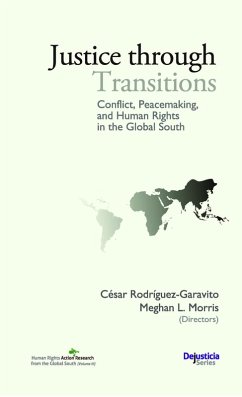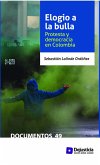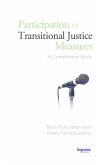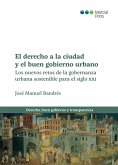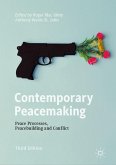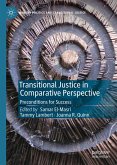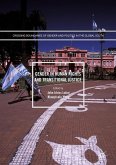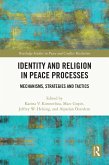What does justice mean in times of transition? What kinds of possibilities and dissapointments emerge from processes of seeking justice through transition? How might we understand these processes through narrative? In August 2015, a group of Global South human rights activists and researchers gathered in Colombia for a workshop organized around the theme of transitional justice. This book, the third in a series, is the result of the discussions performed in that encounter. The chapters in this volume illustrate many complexities of transitional justice processes from the perspective of young human rights advocates involved in these struggles, many with their own complicated personal connections to the search for justice. These advocates hail from countries that have divergent relationships with the notion of transitional justice, from places deeply embedded in its norms and processes, such as Argentina and Colombia, to countries undergoing various kinds of transitions on very different terms, such as Turkey and Mexico. All of the chapters, however, write the messiness of seeking justice through transitions, spanning from the personal and intimate to the national and global. Together, these chapters beautifully illustrate both the pain and the political possibilities that come from the inability to leave history in the past, as well as the creativity of individual and collective efforts to seek justice through transitions. They also demonstrate the beauty of speaking, working, and writing justice from the hear.
Dieser Download kann aus rechtlichen Gründen nur mit Rechnungsadresse in A, B, BG, CY, CZ, D, DK, EW, E, FIN, F, GR, H, IRL, I, LT, L, LR, M, NL, PL, P, R, S, SLO, SK ausgeliefert werden.

